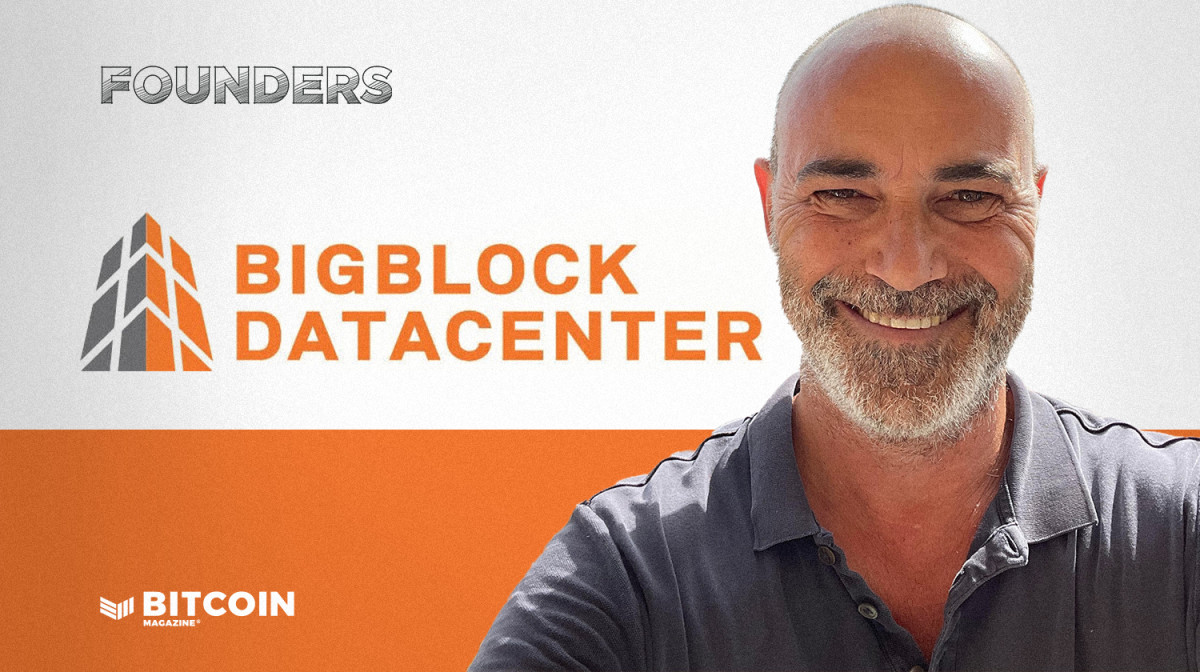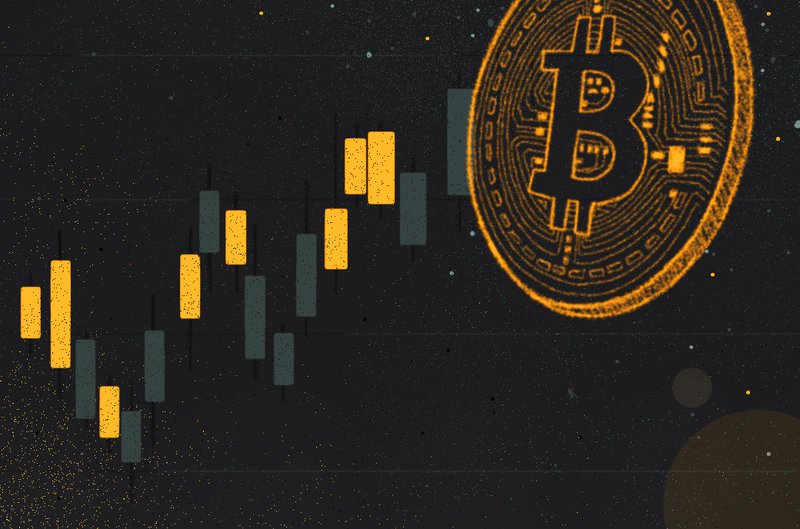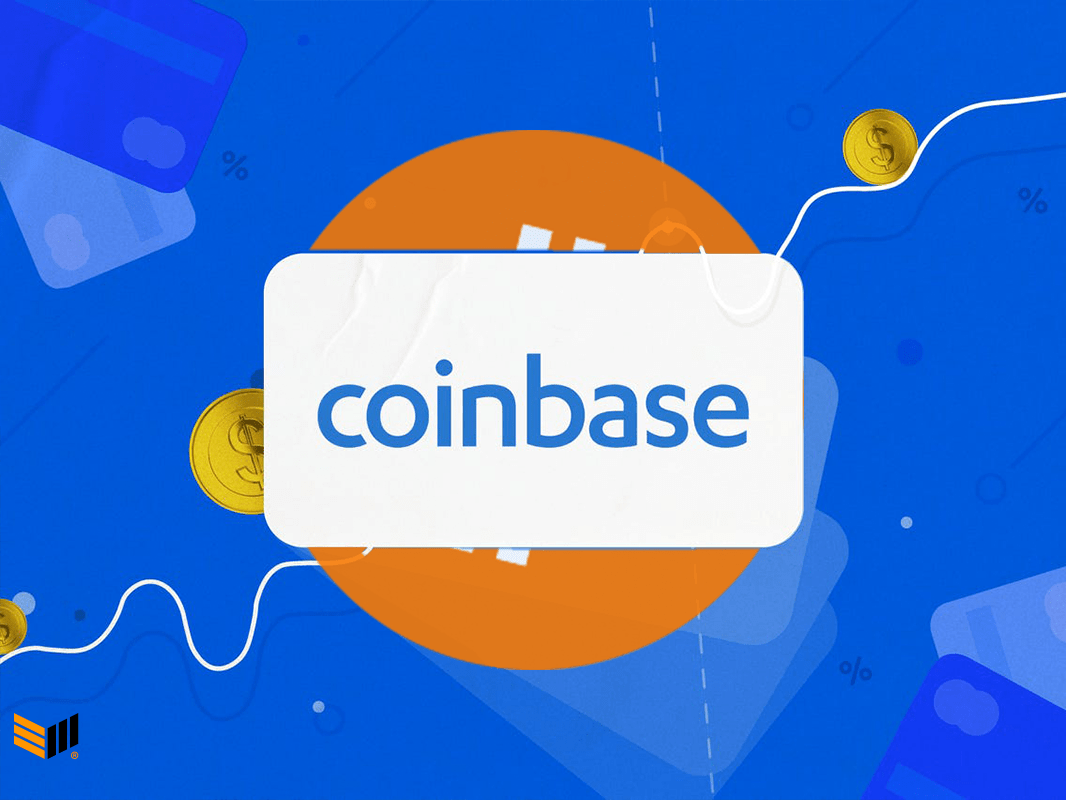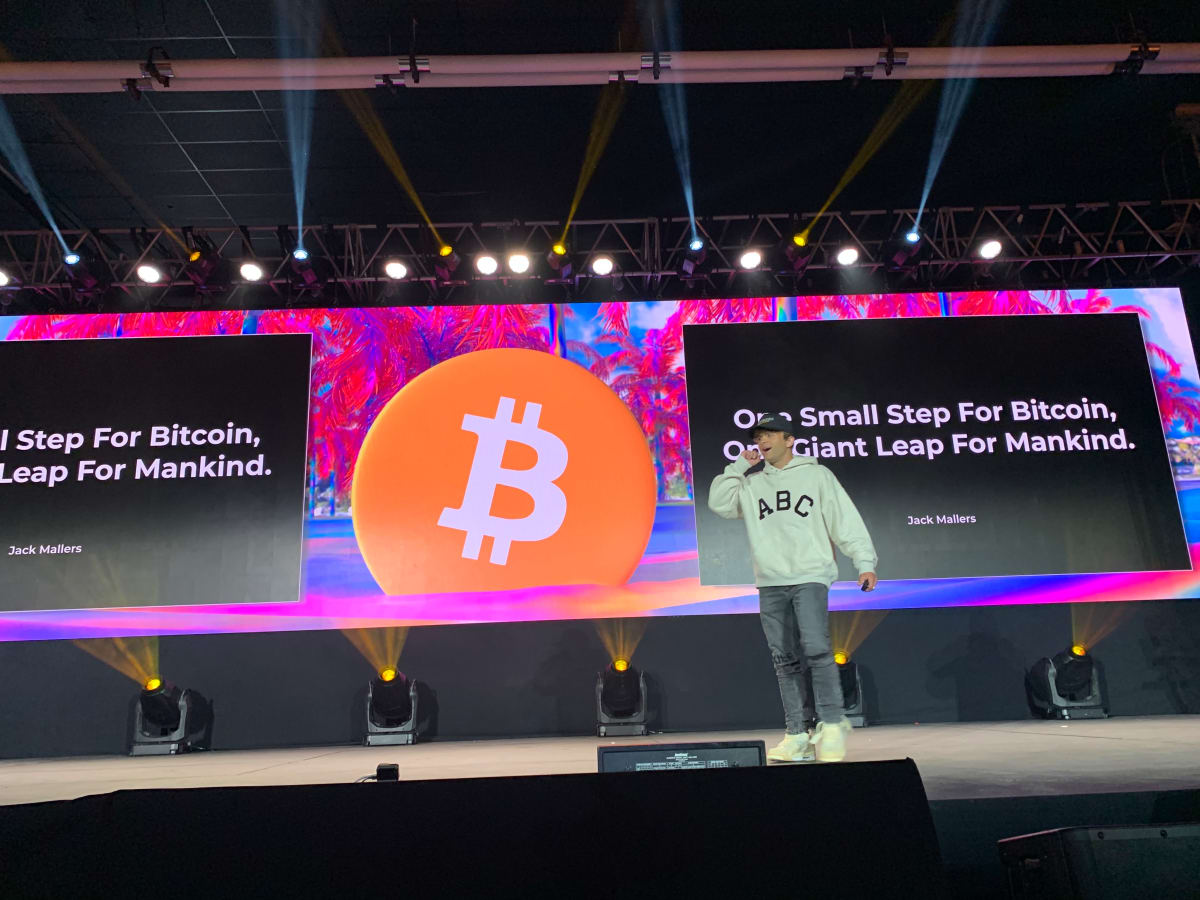Trust, That We Need More Of
Bitcoin grants individuals the chance to create more trust through the rebuilding of social capital and economic stability.
(This article is part of a two-article series from Karo Zagorus. The previous article in the series can be found on Citadel21.com in Volume 10 under the name “Trust, The Lack Of.”)
Fiat money has evolved into a disease which created an environment that seeped into the foundations of society. Last time, we looked at the direct effects of money, what it can create that self reinforces our environment into evil cycles that indirectly affect human trust. It is not the institutions’ and individuals’ goals to abuse our trust, their behavior is indirectly enabled and reinforced by the environment it is present in.
This problem directly affects cognition — we turn more selective with who we trust and how we form our connections. Social capital is required for a properly functioning society, and it is what is depleting today. Imagine social capital like energy in a mobile game that forces you to wait until it gets refilled over time. Now, imagine if people would operate the same way. It works exactly the same way, if you are out of it, you at least need some money to raise your time preference in order to refill your energy meter to continue doing activities. But it’s a bit too simplified that way, truth to be told, because it can create way too many consequences if it depletes.
Robert D. Putman, in his book titled “Bowling Alone: The Collapse And Revival Of American Community,” successfully shed light on why we have fewer friends. Although, it falls short of understanding the main cause: Paper money.
As society loses stored value, time preference rises, which then creates reinforcing cycles that deplete social capital and, by that, creates the perfect environment to dissolve trust. This simple process is what is going down right now in society, but it is not just trust that it is dissolving. It’s the very social fabric also.
In Japan, where the national debt-to-GDP ratio is over 260 percent, we can best observe the negative effects of societal loss of stored value playing out in full force. Although Japan is a more conservative society resistant to widespread change, we can see that it is not necessary to be socially liberal in order to be directly affected by it.
Japan is seeing record low levels of births and marriages and more individuals suffering from depression and suicides. It is a fact that, within Japan, there are over 1.1 million individuals who are suffering long term from acute social withdrawal (In Japanese this is known as “hikikomori”). Where sources claim that young and old individuals suffering from hikikomori are affected by numerous problems, the underlying cause can be easily reduced down to the fact that Japanese cultural phenomena have devolved to the point that its high time preference phenomena causes societal destruction.
It is possible to conclude that two factors can create high time preference with extremely similar effects (although they completely differ based on environmental factors), which are debt and inflation. (Literally, these factors stem from central banking.) Debt accelerates spending and robs individuals from savings and, therefore, the ability to have a safe and stable future. While inflation does the exact same, but robs individuals of their savings directly.
Although Japan’s case is very special because it is an extremely rich country that is at the pinnacle of technological advancement, the same negative effects of paper money on society will eventually surface in any society. (At this point, someone could claim that we could group the effects of social isolation to central banks. It could be possible to do that, but the problem is that the individuals controlling them might have interests that are based on false foundations — MBA, social science economics, basically — but the fact is that then we could also go all the way back to the main culprit of the whole system: John Maynard Keynes. A sound central banking policy based on hard money could be different, therefore we cannot blame these problems on the concept of a central bank alone. But I think I can also agree with the opinion that we should group them together.)
Another negative effect we see today is that we want to organize less and join fewer organizations because there is just no point to it. There is no point to voting anymore, just as there is no point to joining bowling leagues anymore. The need for chivalry has died long ago.
If you are a bitcoiner, you are within this environment and you have managed to get out of it somehow, by luck or education. However, deflation is not an immediate fix for our problem, because reverting neural synapses wired in by this disease is a long-term process. Miracles don’t happen, especially when your environment’s dangerous specter overshadows you.
As of today, many of us lack trust and faith in the system, and it is way beyond repair. The positive effects of bitcoin need to slowly override those of the negative system that surrounds us.
We can already observe some faint light at the end of the tunnel. Savings have been reintroduced into the hands of society. You can save money and the State is unable to influence your funds on the Bitcoin blockchain. Nobody can take your money away, and this creates economic stability that positively influences mental wellbeing. When you know that you have savings, and that you will be able to pay any and all unexpected expenses that might arise and that you have built the foundations of a prosperous future, things change.
You will certainly be less depressed and other emotions will overtake that feeling with higher intensity. You might feel more responsible for your future and this will eventually lead to excessive stress. (We have to be very careful with depression here, because some variants of it might be due to underlying mental conditions that a lowered time preference and reintroduction of savings will not solve at all.)
So, did we fix trust?
No. We certainly did not, since trust is certainly not broken. The process of how we form trust started to change thanks to Bitcoin.
So, what is going on exactly, then?
Bitcoin basically restored a long lost function of organization and paired aspects of it. Bitcoiners today actively seek to find and form stable connections based on the mutual understanding of their economic, societal, religious and political aspects. The sound basis has returned because now, connected participant individuals abide by an unwritten code of honor that sustains the fabric of trust within their realm. Individuals learned that now they have many things to lose if they remain inactive.
In a world of decay, where every aspect of the civilized norm slowly disappears to be replaced by a new normal, the only fix is if others band together to repair the broken system. Bitcoin was created to solve a problem, but it is fixing many because the underlying root cause that it is fixing leads to everything else. But the effect is so strong that Bitcoin alone cannot fix the problem, individuals must act as a self-help hotline, literally to bring about the function again, showing others that there can be life beyond credit cards and zero savings.
Let’s not beat around the bush.
Trust is not simply something like believing that your neighbour will not invade your home in the middle of the night because the Ledger leak made him think that you are a bitcoin millionaire (even if you are), but it is the basic foundation necessary to advance humanity through entrepreneurship, sound science and organization. Without trust, the whole world breaks down and we will be unable to progress. This is what the use of Bitcoin grants individuals: the chance to restart progress and create more trust through the rebuilding of social capital and economic stability.
(If you didn’t know, the underlying basic principle of enterprise is that of trust. Without it, business cannot extend and expand out of the family.)
If we inhibit trust, as the breakdown of social capital does because of the high time preference created by the loss of savings, it enables the processes that lead to the type of society that we are all now living in. It pushes individuals away from the system because the system itself is broken and they seek refuge in failed ideological promises, like that of Marxist socialism or communism.
Human organizations have now returned to the foundations. When I look around (basically, browse Twitter), clear aspects of rebuilding can be found. The average bitcoiner have more stable alliance-level relationships (built on the foundations of honor, trust and personal reputation) with individuals who are willing to take extreme risks to see through the revolutionary phase of Bitcoin. Though temporary, the fact that Bitcoin could create such an environment is notable. Bitcoin’s next phase is revolutionary, its users will change the world and no State actor can tell them to stop.
When I claim that chivalry has returned, it is for real. Some might argue that you have no friends if you Bitcoin, but this is an extremely flawed view. As we progress through the revolutionary phase, dangerous encounters could be on our doorstep that require the full-fledged cooperation of aligned individuals, similarly to how Medieval knights swore allegiance to God or to a brotherhood, or how many in the U.S. take the oath of allegiance.
Remember my writing about the importance of being neutral?
If you don’t stay true to your allies, you will lose every one of them.
By rebuilding the smallest elements of trust, you directly help Bitcoin fix the world. It is arguably evident that if we would, right now, give everyone bitcoin and everyone would use it beginning tomorrow, it would wield a shock effect that could disrupt society further and cause despair long term (this is because you haven’t solved high time preference and you haven’t solved other negative effects that could go nuclear because of a Bitcoin monetary standard) therefore, we need the processes that go on today to properly fix everything.
I cringe every time people say that “Bitcoin doesn’t need you,” because they are so wrong. Without the input and care of individuals who use the Bitcoin network, store value on it or organize around it politically, it would be completely meaningless in the current state of affairs of the world. (Bitcoin literally even pays you to proactively engage in revolutionary behavior because it needs you! There is no meaning in life without anyone to talk to or to print blocks for — Bitcoin simply does not want to remain lonely.)
Since social capital is now slowly being replenished (for some, it could already be replenished, based on the level of toxicity apparent on Twitter), these individuals should double down and keep engaging in building more of the trust that we need. Build not just groups, but build the basis of entrepreneurship and the foundations of the brave new world.
This is a guest post by Karo Zagorus. Opinions expressed are entirely their own and do not necessarily reflect those of BTC Inc or Bitcoin Magazine.









